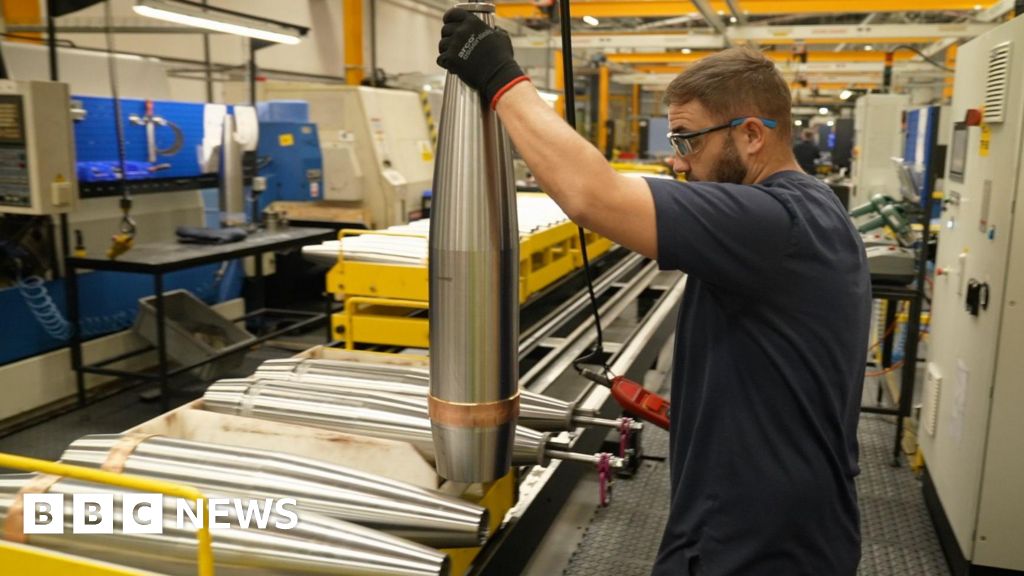ARTICLE AD BOX
Discount fashion chain Primark is still recovering from the effects of pandemic store closures, with annual sales down by 12% on pre-Covid levels.
Not only were stores hit by closures, but the retailer is struggling with supply chain problems, as well as the rising cost of wages and raw materials.
Its parent firm, AB Foods, said Primark had lost one-third of its trading days in the 53 weeks to 18 September.
But it added that it expected higher profits in the new financial year.
Unlike most High Street retailers, Primark has no online retail operations.
AB Foods said its adjusted pre-tax profits had fallen by 1% to £908m for the year, with the dip in sales at Primark offset by "strong" sales in its food business.
The firm's chairman, Michael McLintock, said sales and profit were again below pre-Covid levels, but praised the "agility" of Primark's management in responding to "the fast-changing and wide range of trading restrictions applied to our stores over the year".
"The strength of Primark's sales after the reopening of all our stores in the spring demonstrated the relevance and appeal of our value-for-money offering," he added.
Mr McLintock said AB Foods - which, as well as running Primark, also owns food brands such as Twinings, Ovaltine and Patak's - was seeing "significant cost increases in energy, logistics and commodities, in addition to the impact of widely reported port congestion and road freight limitations".
"Our businesses are working to offset the impact of these through cost savings. Where necessary, our food businesses will also implement price increases," he added.
AB Foods chief executive George Weston said Primark had "delivered a good performance in the face of continued disruption to trading caused by the pandemic".
"Although the possibility of further trading restrictions cannot be ruled out, we expect Primark to deliver a much-improved margin and profit next year," he added.

 3 years ago
103
3 years ago
103








 English (US) ·
English (US) ·